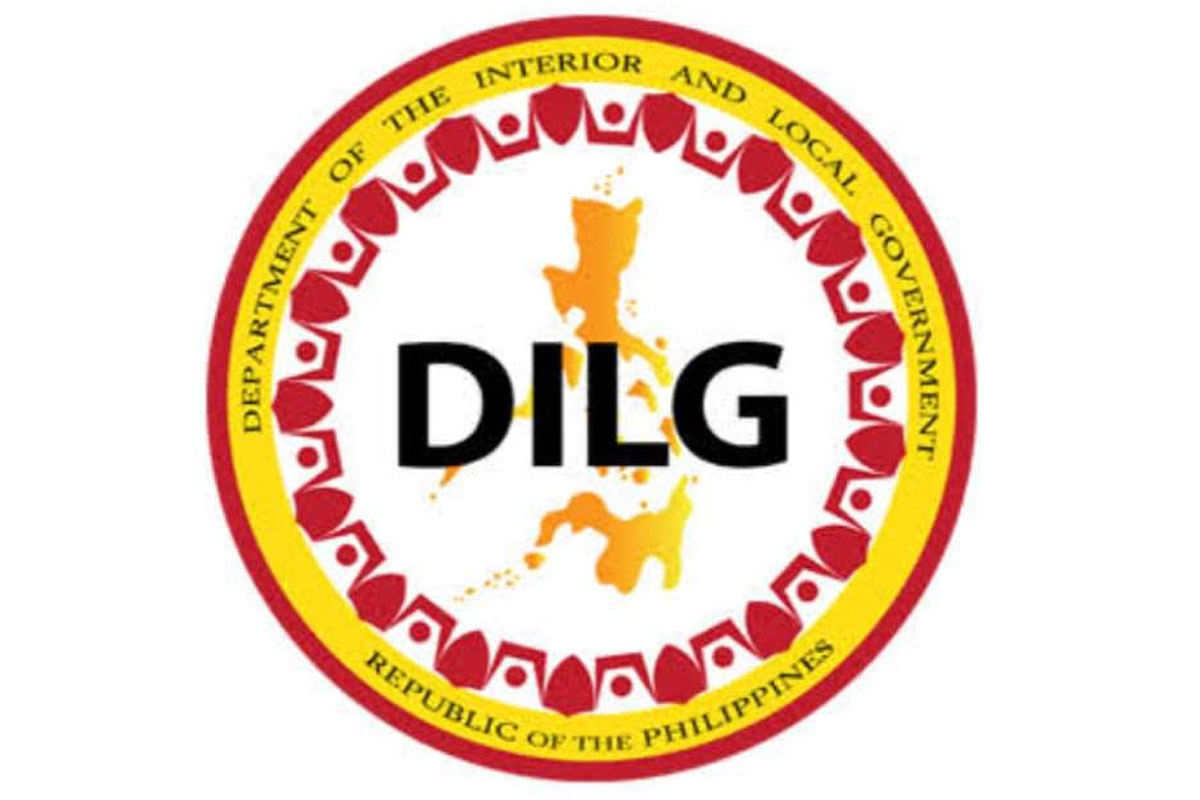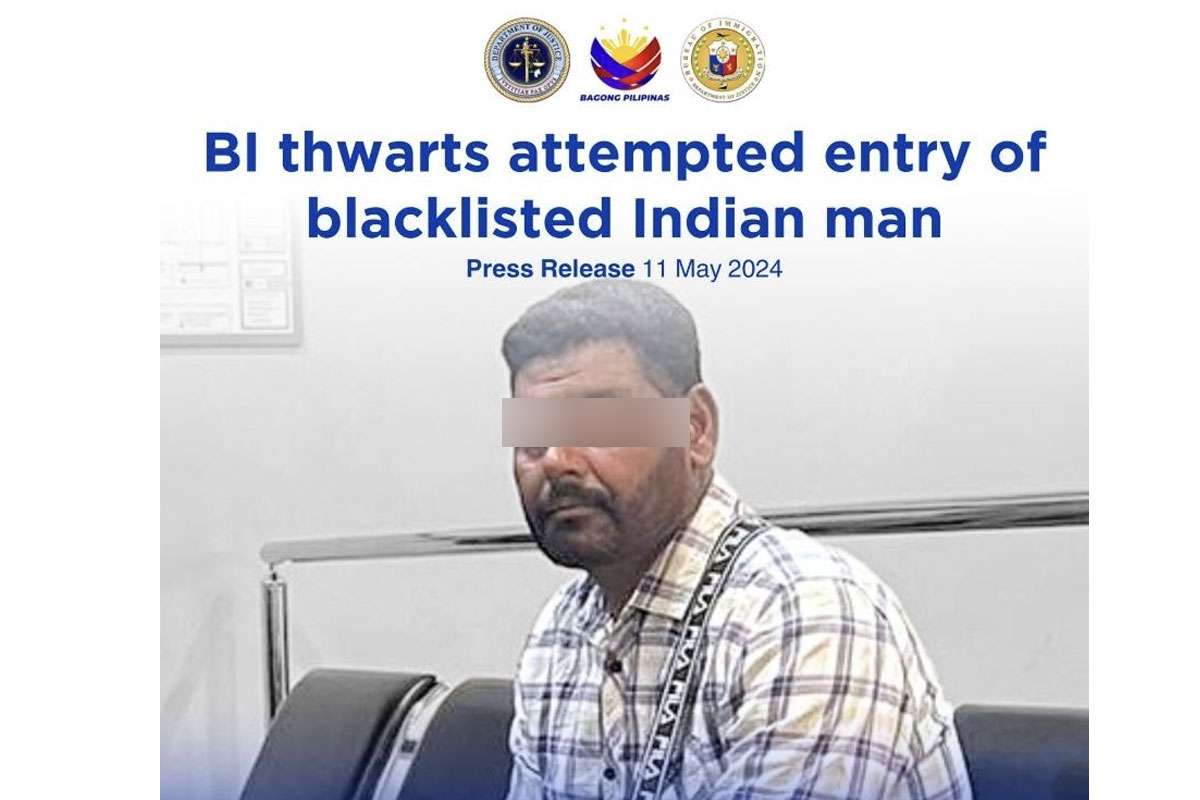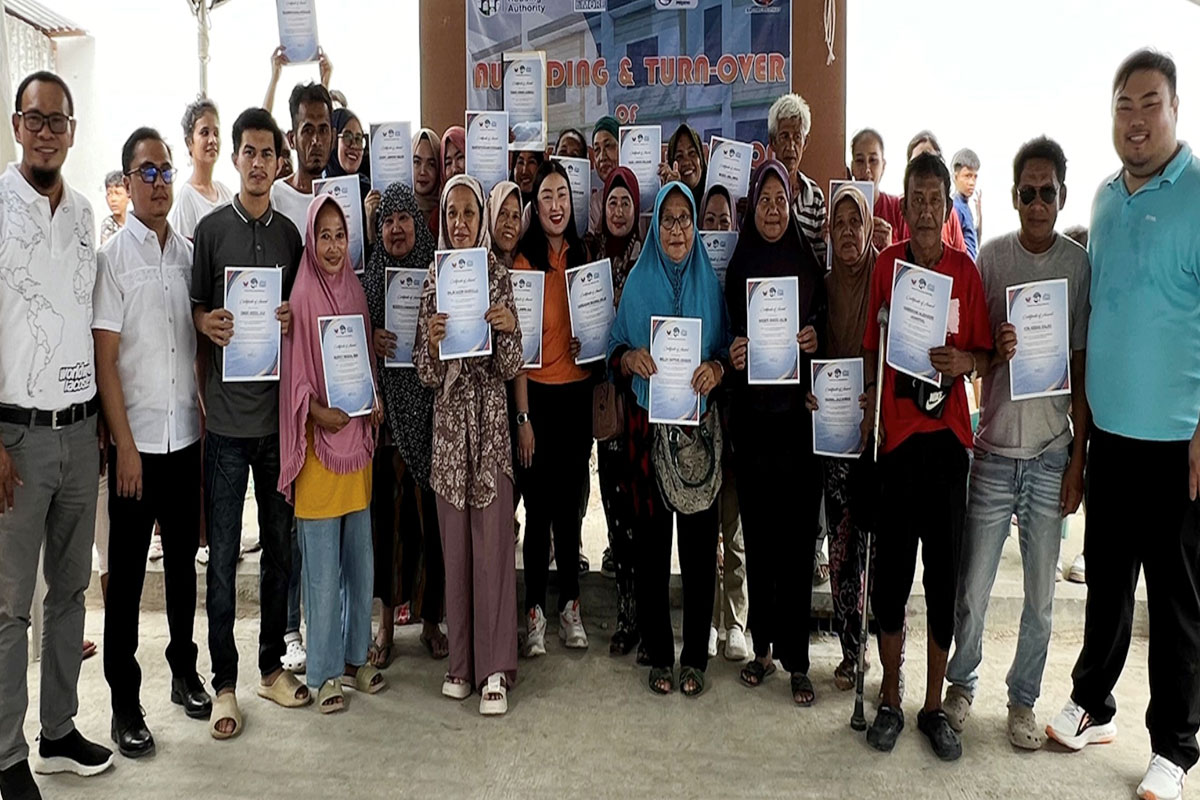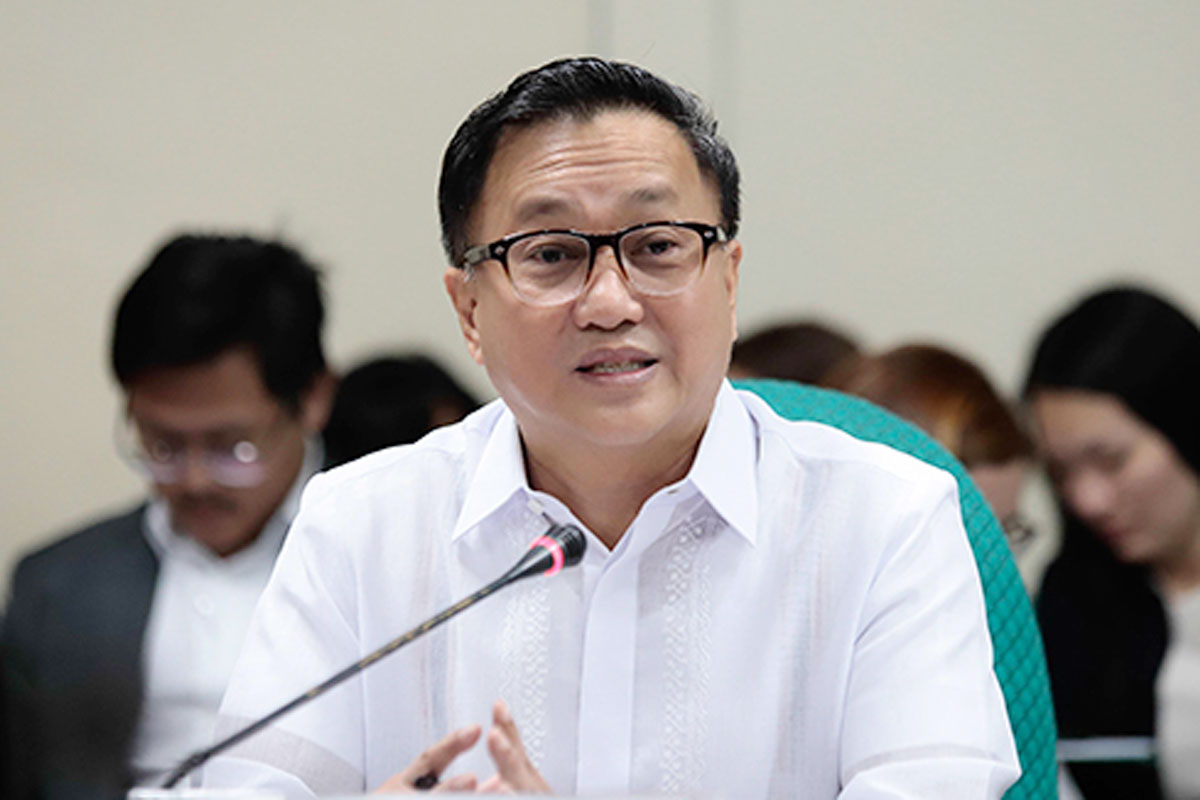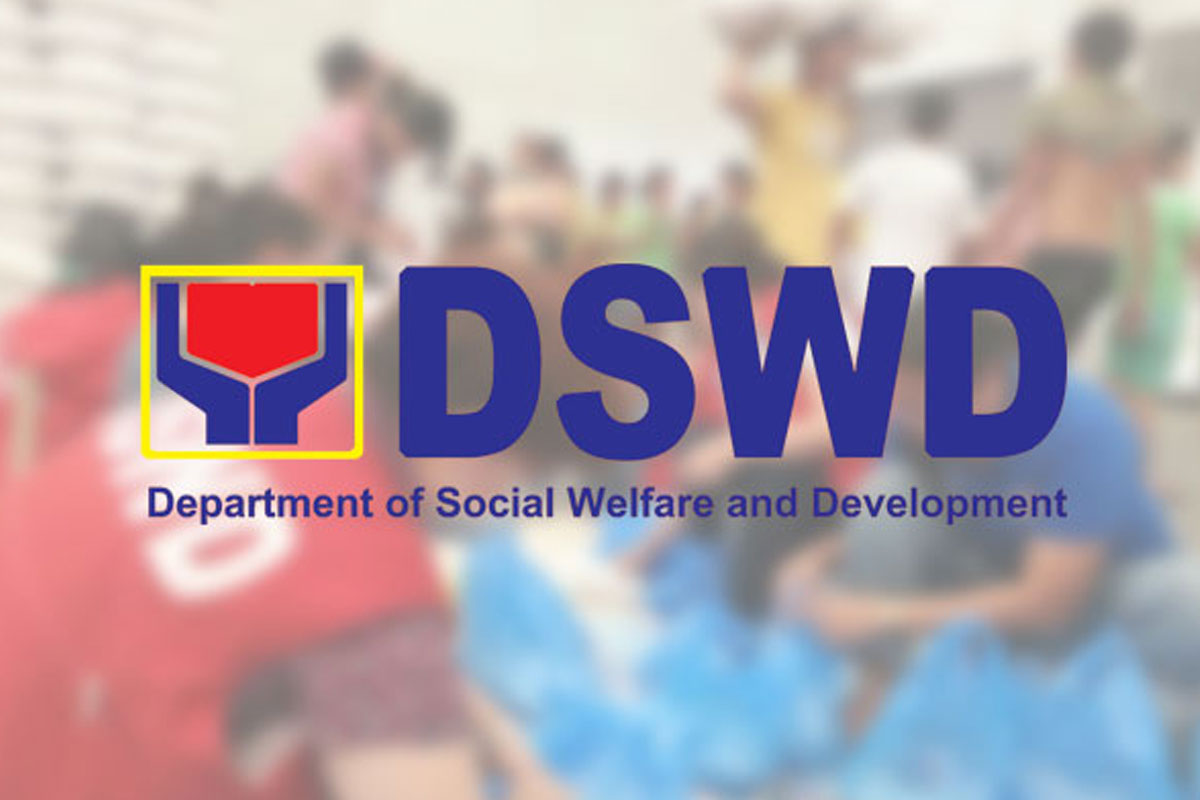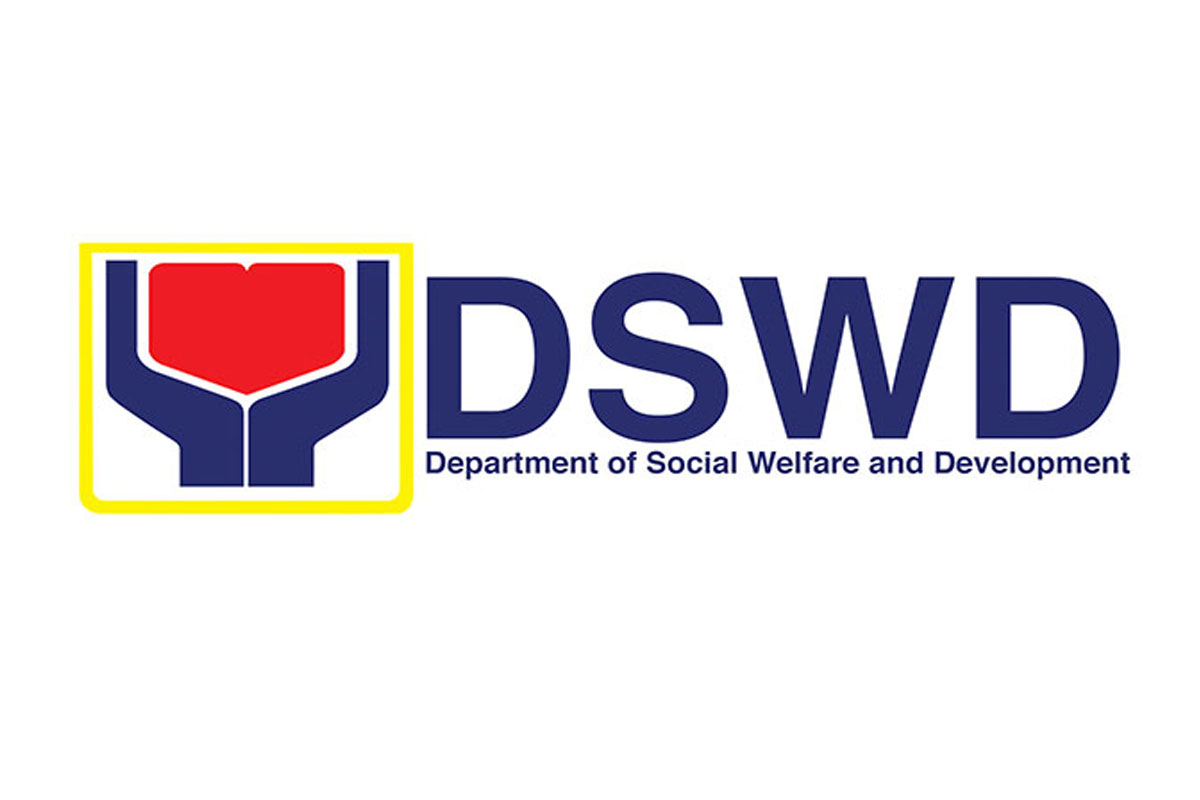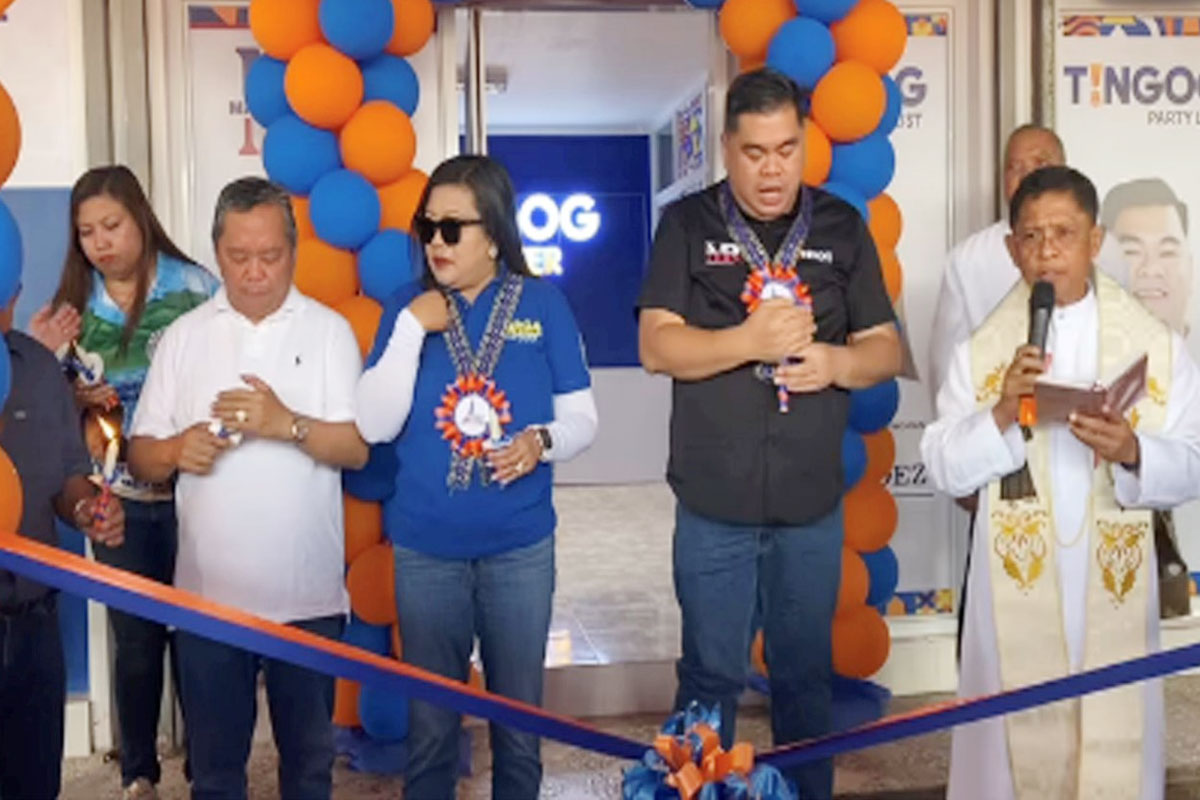
Dar: Urban agriculture to cushion COVID impact
INTENSIFY the urban agriculture program to address the food needs in the urban areas and cushion the impact of the COVID-19 pandemic.
This was stressed by Agriculture Secretary William Dar saying the program also aims to mitigate high food prices in the market and to improve food availability, accessibility, and attain food security in the country.
Bureau of Pant Industry (BPI) Assistant Director Glenn Panganiban, meanwhile, said the intensified program allows urban residents have FAITH or “Food Always In The Home,” in the midst of the pandemic.
“Our goal is to enhance the capability of the city dwellers to grow their own food so that they will have access to safe and nutritious food items as we continue our battle with the pandemic,” Panganiban said.
Panganiban said that the BPI and the Agricultural Training Institute (ATI) are the lead-implementors of the UA program, which forms part of the DA’s initiatives launched last year under the Ahon Lahat, Pagkaing Sapat Kontra sa Covid-19 (ALPAS sa COVID-19) or the Plant, Plant, Plant (PPP) program of DA.
He added that even before the pandemic, Dar already ordered them to intensify the program as a way to mitigate high food prices in the market and to improve food availability, accessibility, and attain food security in the country.
The program was rolled out in partnership with local government units, national government agencies, non-government organizations, the private sector, and academe.
To date, a total of 36 community gardens have been established, and 85 more will soon be developed.
A total of 938,561 seed packets, amounting to P6.41 million (M) have been distributed and 123 trainings (online and face-to-face) have been conducted to provide technical know-how to those who wish to up food gardens.
“Ang gusto po natin dito sa Urban Agriculture ay makapagtanim ang ating mga kababayan sa kanilang mga bakuran, para lagi silang may access sa pagkain, dahil nga po madaming limitasyon ngayong may pandemic,” Panganiban stressed.
UA showcases a variety of technologies that may be adapted in the community or in the homes such as hydroponics and vertical gardening. It also supports containerized gardening which uses pots, old cans, and a number of different containers, if space is inadequate.
“Kung masanay na ang ating individuals sa pagtatanim at gusto pa nila palawakin, we can do community gardening. Ang gusto natin sa community garden ay magkaroon sila opportunity for livelihood at mai-connect sila sa other programs ng DA, tulad ng dito sa Kadiwa to market their produce,” Panganiban said.
With the continuous onslaught of the virus, Panganiban stressed that it is important to spread the concept of urban agriculture and establish more food gardens.
“This is a very therapeutic activity, fostering community spirit, and enabling everyone to heal and be healthy,” he said.



